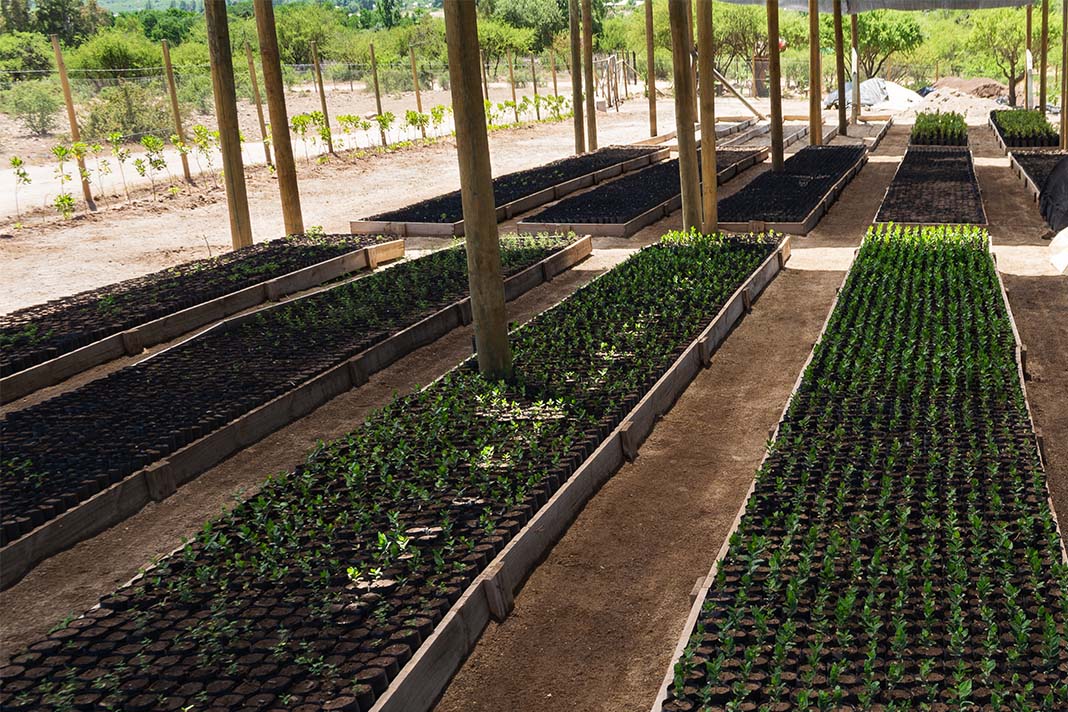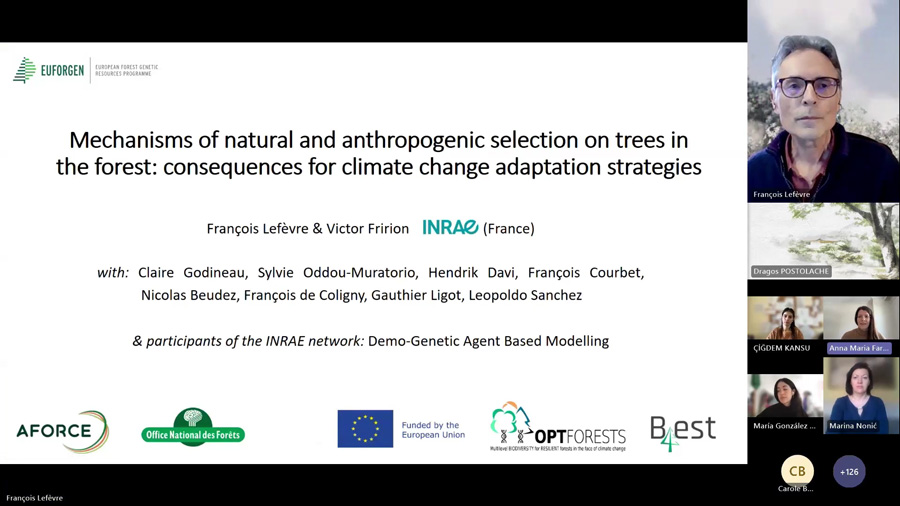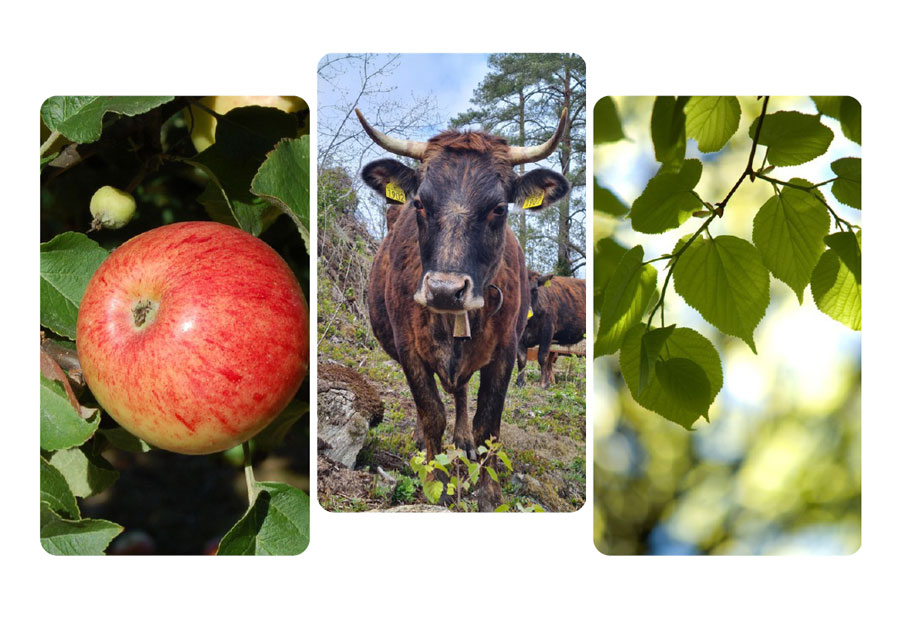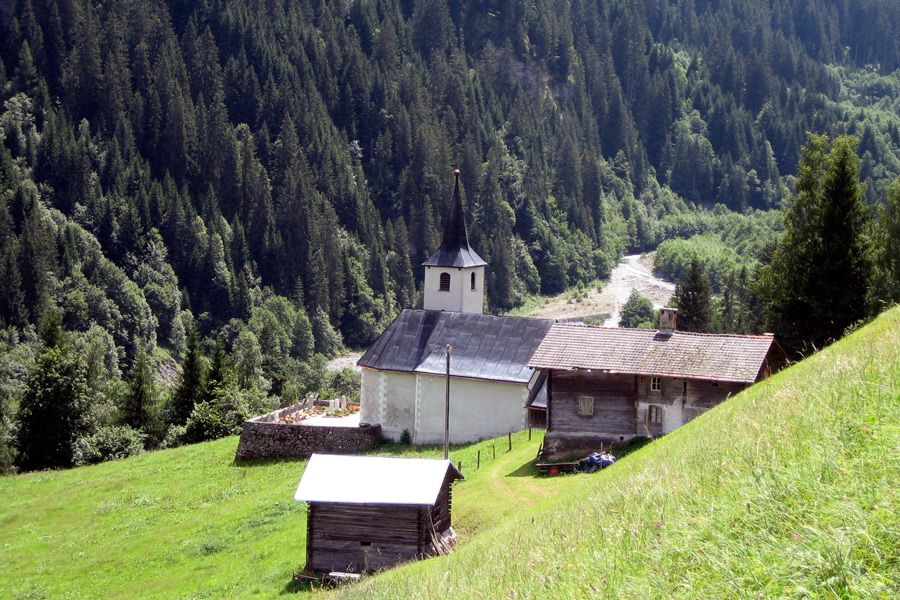Ensuring forest resilience and productivity in Europe’s changing climate
Recommendations for policy and practice in the production and use of forest reproductive materials.

Rapid climate change is outstripping the ability of tree populations to adapt solely by natural evolutionary processes. Forest management must therefore consider building resilience by increasing genetic diversity and accelerating genetic adaptation, which may require introducing suitable forest reproductive materials (FRM), in addition to promoting natural regeneration.
The production and use of FRM is complex, involving multiple actions and actors. To support national and regional policy and decision makers in navigating this multi-faceted field, the European Forest Genetic Resources Programme (EUFORGEN) has produced a policy summary, distilling rigorous scientific knowledge from a major 2021 report, into three clear and detailed recommendations on the production and use of FRM.
- Review, enhance and strengthen the enforcement of national regulations relevant to FRM production and use.
- Improve FRM production and use record-keeping, data transfer and data sharing.
- Provide adequate investment to support and enhance all stages of the FRM production and use processes.
The policy summary explores the complex chain of actions and actors involved in the production and use of FRM. This ranges from the approval, establishment and management of basic materials, through seed collection, processing, storage, and propagation, to certification, trade, and transportation to end users. At each stage, procedures can inadvertently result in the use of inappropriate planting material, potentially leading to forest instability, a significant reduction in forest cover, and major losses to forest productivity.
The policy summary was synthesised from a major EUFORGEN scientific publication released in 2021, Genetic aspects linked to production and use of forest reproductive material: Collecting scientific evidence to support the development of guidelines and decision support tools. This report is the result of an international collaboration, rooted in EUFORGEN, spanning more than two decades and is built on the firm belief that the genetic element is decisive for the creation of a resilient forest capable of surviving threats and adapting to changes, thus enabling the evolution of ecosystems and the adaptive potential of the productive landscape.
This policy summary calls on national and regional policymakers to urgently consider these genetic elements in order to ensure the resilience, stability and productivity of Europe’s forests in the coming decades.









